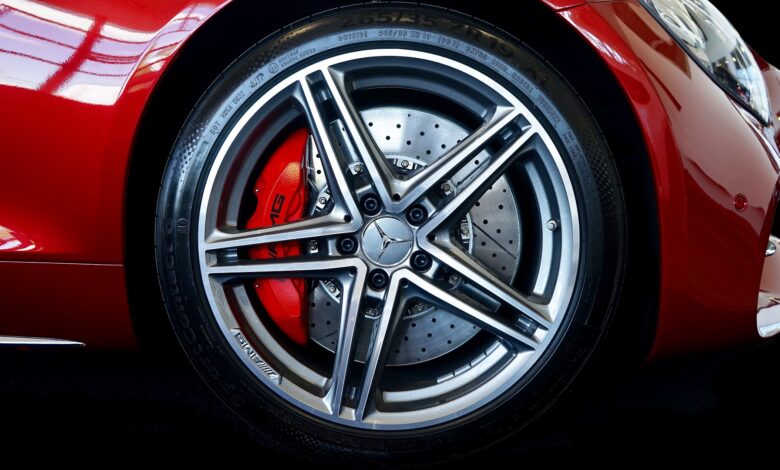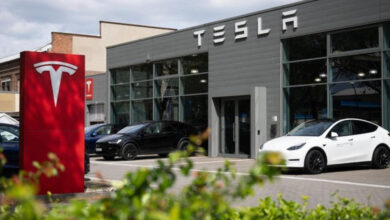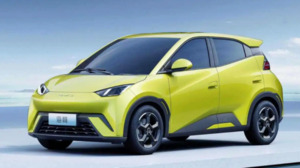Horrifying Chinese electric automobile production ignites international predicament

(MENAFN) The recent surge in electric vehicle sales has brought both opportunities and challenges for BMW, the renowned German automaker. Despite witnessing a notable uptick in sales, particularly in the electric vehicle segment, BMW finds itself contending with a significant decline in profit margins during the first quarter of 2024. Reports from Handelsblatt, a respected German newspaper, attribute this downturn to intensified competition from Chinese electric vehicle manufacturers, marking a pivotal shift in the automotive industry’s landscape.
This heightened competition can be attributed to several factors, chief among them being the oversaturation of the market with Chinese electric cars. With a multitude of manufacturers flooding the market with surplus production, price wars have ensued, compelling companies to slash selling prices in a bid to secure market share. Consequently, BMW’s automotive division experienced a notable dip in sales revenue, recording EUR2.7 billion in the first quarter of 2024, representing a staggering EUR1 billion decline compared to the same period in 2023.
Despite BMW’s commendable sales performance, with over 83,000 electric vehicles sold in the first quarter of 2024 alone, concerns loom large over the erosion of profit margins. This apprehension is further compounded by BMW’s record-breaking achievement of selling 2.55 million vehicles in the preceding year, underscoring the formidable challenge posed by Chinese competitors in the global automotive arena.
In response to the escalating competition, BMW’s President, Oliver Zipsy, has issued a cautionary warning against the imposition of punitive tariffs on Chinese electric cars. Expressing concerns over the potential ramifications of such tariffs, Zipsy emphasized the adverse impact they could have on the German automotive industry, citing the intricate supply chain dependencies between Europe and China. Highlighting the indispensability of Chinese components, particularly in the production of electric vehicles, Zipsy cautioned against measures that could disrupt the delicate balance of global trade dynamics.
However, tensions continue to mount on the international stage, as the European Union deliberates on the imposition of anti-dumping duties on Chinese electric vehicles. With Chinese companies aggressively expanding their footprint in the global market and venturing into lucrative regions like the Middle East, trade relations are becoming increasingly strained. Reports from Bloomberg suggest that the European Union has issued ultimatums to Beijing, threatening sanctions unless immediate corrective actions are taken to rectify the burgeoning trade imbalance.
Amidst these developments, BMW finds itself at a critical juncture, navigating the dual challenges of fierce competition and geopolitical tensions. As the specter of punitive tariffs looms large and the threat of retaliatory measures casts a shadow over international trade relations, BMW remains steadfast in its commitment to safeguarding its market position. Against the backdrop of an increasingly interconnected global economy, BMW endeavors to adapt and thrive in an evolving automotive landscape.
MENAFN12052024000045015687ID1108202295
Legal Disclaimer:
MENAFN provides the information “as is” without warranty of any kind. We do not accept any responsibility or liability for the accuracy, content, images, videos, licenses, completeness, legality, or reliability of the information contained in this article. If you have any complaints or copyright issues related to this article, kindly contact the provider above.



